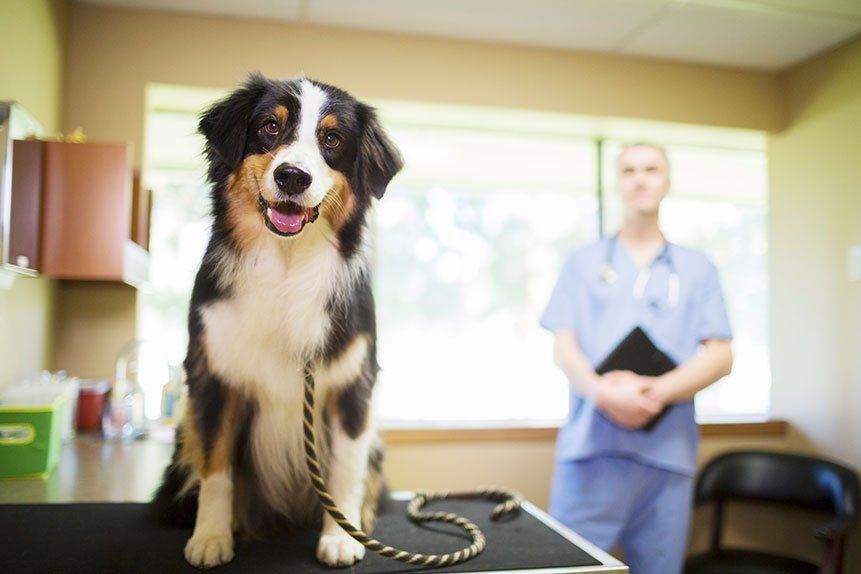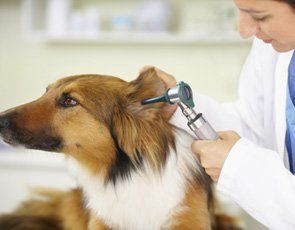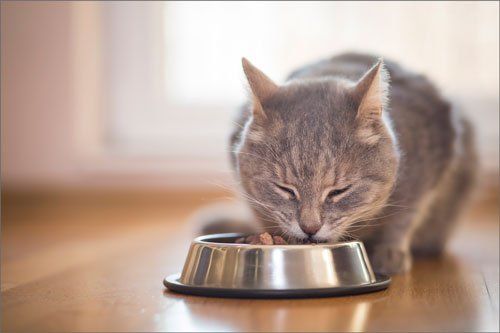








If you're a cat owner, you will want your feline friend to enjoy good health and contentment for a lifetime. The first step to ensuring you pet's good health is to schedule routine wellness exams. The veterinarian will examine your cat and offer helpful advice. In addition, you can care for your furry feline companion in many different ways, including the following.
Your vet can recommend vaccinations to protect your kitten against disease. And if you have an older cat, your cat may need booster shots to ensure those vaccinations are still active in the system.
The essential vaccinations are those that guard against rabies and feline distemper. Other vaccinations exist as well, and your vet will inform you if they are necessary for your cat.
When considering vaccinations, you should discuss your cat's lifestyle with the vet. Does your cat come into contact with other pets? Is your cat an outdoor cat? These factors may determine whether protection against some feline viruses or diseases are needed.
If you have a long-haired cat, you should brush him or her daily, although short-haired breeds may not need to be brushed as often. Without routine grooming, your cat may ingest dead fur or hair balls, which could become a problem.
A curved or slanted brush helps remove the loose and dead hairs from your cat. This type of brush is ideal for long-haired breeds whose fur tends to become matted. If you prefer, you can choose a mitt brush, which slides over your hand like a glove. This allows you to brush your cat with a stroke similar to petting.
Indoor cats will need adequate exercise and mental stimulation as well. You can encourage exercise with safe toys. A dangling feather, a chase toy filled with the scent of catnip, or even a laser can provide adequate exercise, and you don't have to spend a lot of money on expensive toys, either. For the typical curious feline, an open box or baskets may provide endless fun.
Also, because cats are natural climbers, you might consider setting up a vertical cat tower for your pet. A tower, or kitty condo as they are sometimes referred to, will provide a snugly place for your cat to nap or simply get away from activity for a while and feel safe and secure.
If you're new to cat ownership, you must be able to recognize and avoid certain foods that may have harmful effects for cats. You should not offer your cat onion or garlic, as these may interfere with healthy red blood cells. Also, never allow your cat to ingest chocolate, as it contains a chemical which may cause serious health issues, such as convulsions, diarrhea, and heart irregularities.
Grapes and raisins are also toxic for your pet and may lead to kidney malfunction. Other harmful foods exist as well. Ask your vet for a list of foods that should be off-limits to your cat.
You definitely need to consider safety while traveling in the car with your cat. Whether you are going on an extended road trip or taking a short trip to the vet, your cat needs to be safely secured while in the car.
The first step to ensure a safe and pleasant ride is to purchase an appropriate cat carrier. Next, you will need to get your cat accustomed to being inside the carrier. Doing so will help your cat adjust and not feel intimidated when it's time for a car ride. Place your kitty inside the carrier for a few minutes at a time, and do this every day for a week or so.
Follow the above mentioned tips for keeping your feline companion safe, happy, and healthy. You should also get to know your cat-friendly veterinarian
and keep emergency off-hour phone numbers handy. For more information and tips to take care of your pets, contact us at Sylvan Corners Pet Hospital.








HOURS OF OPERATION:
Closed everyday from 12PM to 1PM for Lunch
In Case of an after-hours emergency, please contact: Veterinary Specialty Hospital
1901 Douglas Blvd. Roseville, CA 95661
Phone: 916-783-4655
HOURS OF OPERATION:
Closed everyday from 12PM - 1PM for Lunch
In Case of an after-hours emergency, please contact: Veterinary Specialty Hospital
1901 Douglas Blvd. Roseville, CA 95661